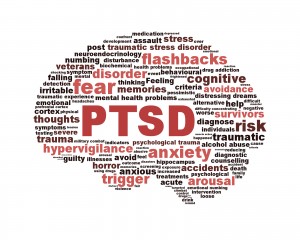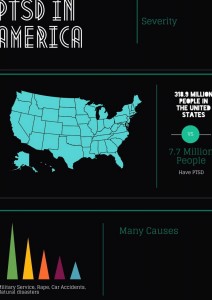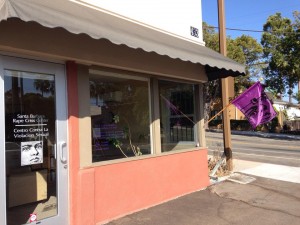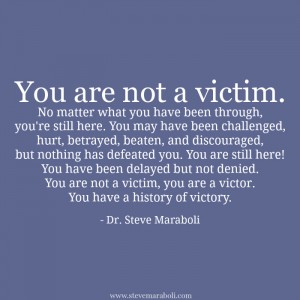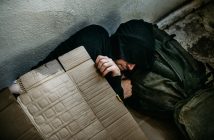“One of the most important things to recognize is that PTSD is a real thing and that we should not be shamed nor ostracized about it.” -Gina Bell(AUSB Instructor)
What is PTSD?
We constantly hear about veterans having Post Traumatic Stress Disorder or PTSD. It is anxiety caused by a traumatic event or situation in ones life. In recent years we have heard a lot about PTSD affecting combat veterans. We hear tales about soldiers witnessing unspeakable events. It’s no wonder PTSD affects so many of them. However, PTSD does not only affect people that have been in the military. It does not affect one type of person or one sex. It is found across many countries and socio-economic areas. Here are some facts you didn’t know about PTSD.
What causes PTSD?
Any kind of traumatic event can cause PTSD. From being in war to being in a car accident can cause this. Some common causes you might not be aware of are sexual trauma, near death experiences, witnessing a death, being a witness to a robbery, natural disasters, child abuse, domestic violence, muggings, plane crashes, train wrecks, kidnappings, and virtually anything that causes extreme emotional stress. We all have different life experiences and personalities, so determining what is stressful one person to the next is pretty difficult. Perception can mean the difference between an anxiety attack and developing PTSD.
What are the symptoms of PTSD?
There are a vast amount of symptoms that occur with PTSD. Most of these occur within a person and cannot be seen by the rest of society. One of the most common symptoms is flashback. Flashbacks are memories that reenact the trauma in their minds. Something triggers the brain to remember the event and it is then relived wherever they are. Another common symptom is dissociations. Dissociative states are when the mind shut down. It basically is like your soul stepping out of your body. It can last for ten minutes or a few days. Basically the anxiety paralyzes the mind and they go into a sort of auto pilot mode. Paranoia is another symptom. They project negative experiences on other people that remind them of the event. They can also experience sleep problems like trouble falling asleep, nightmares, trouble staying asleep, and never fully relaxing. In extreme cases they can develop twitches that involve the body getting stuck in a constant arousal state.
How many people does PTSD affect?
According to the National Library of Medicine PTSD affects 7.7 million Americans. Women are also more likely then men to develop PTSD. 67 percent of people exposed to mass violence have been shown to develop PTSD. PTSD is a very personal disorder. People often suffer in silence and do not explain it to others. People tend to alcohol or other substances to mask the disorder and forget the memories that afflict them. The difficulty in acquiring the correct amount of people suffering from PTSD is that most people do not see it as PTSD or will not talk about having it.
Where can people get help?
If combat veterans need help there is a website called PTSD.VA.GOV that offers support and help to veterans. The problem with this website is it is difficult to understand how to get the help needed. Also there is a Veterans Crisis Line that can be called but it only is for consultations. To get counseling through the Veterans Affairs there are evaluations that they must go through to get help. If you are a domestic violence, sexual assault, or domestic violence survivor there are usually rape crisis centers in most counties. In this area there is a Santa Barbara Rape Crisis Center and the Domestic Violence Solutions for Santa Barbara. The SBRCC has a 24-hour hotline. They can help with a variety of services. They will go to the hospital with a survivor, help explain laws to the survivor, counseling, and they never pressure the survivor to do anything they don’t want to do. Those are just some of the places to get help; it starts with talking to someone!
What can you do?
Educate others and yourself. Knowledge is power! Start reading articles like this, books about it, support groups, or take a class. Antioch Students are lucky enough to have a class to help them understand. The class is called Healing from Trauma and was taught this quarter by Gina Bell. Changing the stigma and shaming is possible.We can all make a difference. It’s also is important to remember is to be patient with survivors. Always remember, they are not victims they are survivors!


